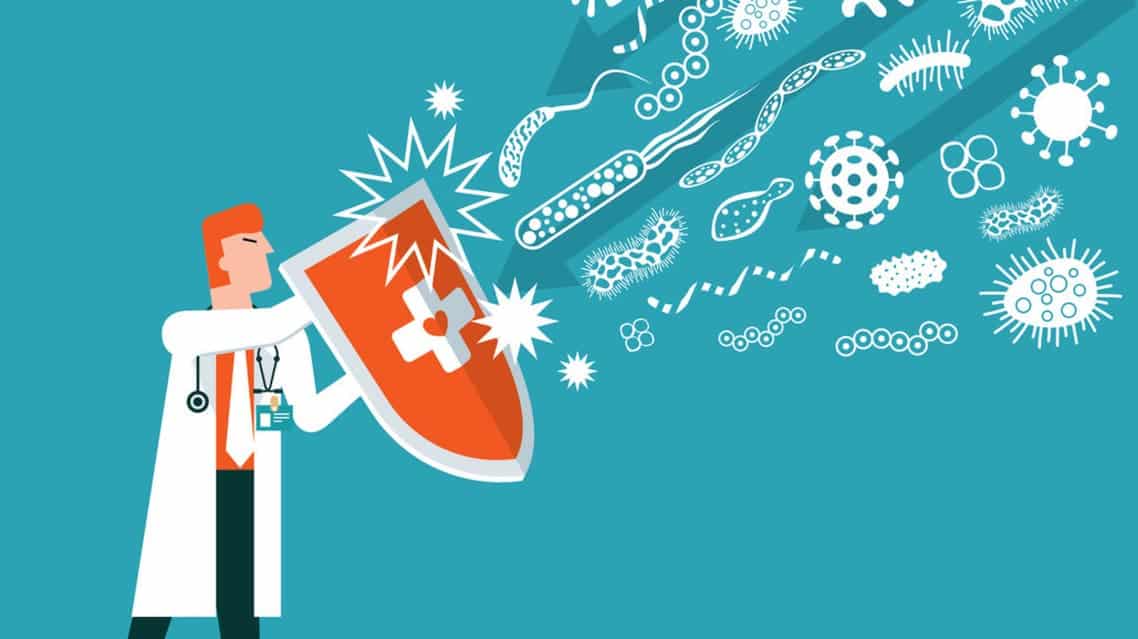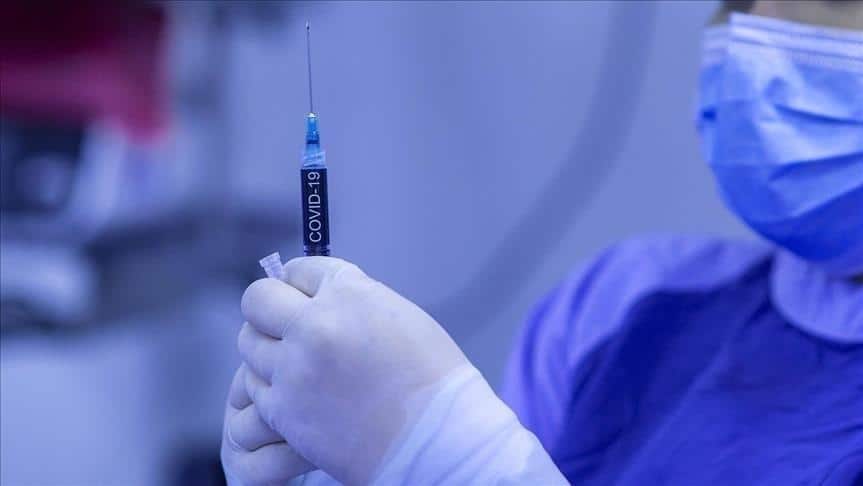
فوائد الاجبان عديدة و أهمها b12 إعرف أكثر
إن الجبن هو طعام شهير قائم على الحليب يمكن الاستمتاع به بمفرده أو استخدامه كمكون لذيذ في الوجبات والوجبات الخفيفة، من الشيدر في عجة الصباح إلى الطماطم الكرزية مع كرات الموزاريلا كوجبة خفيفة مستوحاة من نظام البحر المتوسط الغذائي، وجبن بارميزان مع المعكرونة في العشاء.
ويمكن أن يجد عشاق الجبن أنفسهم منجذبين إلى منتجات الألبان في كثير من الأحيان، مما قد يدفع المرء إلى التساؤل عن الآثار المحتملة لتناول الجبن كل يوم، بحسب ما نشره موقع “Eat This Not That”.
إن الجبن غني بعناصر غذائية متعددة مثل البروتين والكالسيوم، كما يحتوي على مركبات نشطة بيولوجيًا، مثل المغنيسيوم وفيتامين “B12″، فضلًا عن كمية كبيرة من الصوديوم والدهون المشبعة والسعرات الحرارية.
وأوضح الخبراء أن هناك الكثير من المعلومات الخاطئة حول الأجبان على الإنترنت، والتي يمكن أن تجعل البعض حذرًا عند التفكير في تناولها، حيث غالبًا ما يتم وصفها بأنها مصدر رئيسي للدهون المشبعة، والتي يصعب هضمها، ويتم إلقاء اللوم عليها في كل الكثير من الأمراض. استطلع موقع Eat This Not That آراء خبراء تغذية موثوقين فأفادوا بما يلي:
زيادة مستويات الكالسيوم
وفقًا للإرشادات الغذائية الأميركية، لا يحصل 30% من الرجال و60% من النساء على ما يكفي من الكالسيوم في وجباتهم الغذائية، ولا يستوفي 75% من البالغين الحصص الموصى بتناولها يوميًا والتي تعادل 1000 مغم كالسيوم، ويساعد الكالسيوم في الحفاظ على صحة العظام، ولكن تظهر الأبحاث أيضًا أنه يمكن أن يسهم في خفض ضغط الدم وفي منع تسمم الحمل بل الحفاظ على وزن صحي.
يوضح الخبراء أن ما يقرب من 72% من مدخول الكالسيوم يأتي من منتجات الألبان والأطعمة، التي تحتوي على مكونات ألبان مضافة، وتحتوي الأجبان الصلبة على معظم الكالسيوم نظرًا لانخفاض محتواها من الماء، مما يجعلها أكثر كثافة بالمغذيات.
تحسين ميكروبيوم الأمعاء
يعلم الكثيرون أن الزبادي أحد أفضل الطرق لتخزين البكتيريا المفيدة التي تساعد على تحسين الميكروبيوم والجهاز الهضمي وصحة الجهاز المناعي، ولكن هناك العديد من أنواع الجبن الطرية والصلبة، بما يشمل الشيدر وإيدام وفيتا والبارميزان وغودا تمنح الجسم كميات مناسبة من البروبيوتيك.
ولا يزال هناك مزيد من الأبحاث جارية لفهم كمية وصلاحية بقاء البكتيريا بشكل أفضل أثناء صناعة الجبن.
تقليل خطر الإصابة بأمراض القلب
في حين أن الجبن كامل الدسم هو مصدر مهم للدهون المشبعة، وعلى الرغم من أنه يمكن أن يزيد من خطر الإصابة بمرض الشريان التاجي، إلا أن الأبحاث تشير إلى عكس ذلك.
ذكرت إحدى الدراسات في دورية “Lancet”، والتي شملت 135000 مشارك في 21 دولة، أنه لا توجد علاقة بين تناول منتجات الألبان، بما يشمل الجبن، وخطر الإصابة بأمراض القلب أو أحداث الشريان التاجي الرئيسية.
في الواقع، أفادت الدراسة أن أولئك الذين تناولوا أكثر من حصة من منتجات الألبان كاملة الدسم أو قليلة الدسم يوميًا قللوا من خطر الإصابة بأمراض القلب أو النوبات القلبية أو الوفاة بسبب أمراض القلب.
تعافي العضلات بعد التمرين
يعتمد ممارسو الرياضة على مكملات البروتين لتعزيز تعافي العضلات وتوفير القوة ومكاسب التحمل، ويحتوي الحليب على بروتين عالي الجودة وجميع الأحماض الأمينية الأساسية التسعة. تؤكد الأبحاث أن بروتينات مصل اللبن والكازين في الحليب يمكن أن تعزز التعافي بعد التمرين وتساعد على تحفيز تخليق البروتين العضلي. يتكون الجبن بشكل أساسي من الكازين، وهو بروتين بطيء الهضم يعزز أيضًا تخليق البروتين بعد التمرين.
وتوصلت دراسة حديثة، نُشرت في دورية Nutrients، إلى أنه من بين 20 رياضيًا يتمتعون بالقوة البدنية ذكروا أن 30 غرامًا من البروتين من الجبن يعزز تخليق البروتين العضلي، وهي نفس جرعة البروتين من الحليب.
يمكن أن يكون الجبن إضافة صحية لنمط الأكل المتوازن، ولكن من المهم مراعاة حجم الحصة، حيث تحتوي الجبن على العديد من السعرات الحرارية والصوديوم والدهون المشبعة.
عدم تحمل اللاكتوز
يعاني حوالي 68% من سكان العالم من نوع من سوء امتصاص اللاكتوز، والذي يحدث عندما لا يستطيع الجسم هضم اللاكتوز بالكامل، وهو الكربوهيدرات الرئيسي الموجود في الحليب ومنتجات الألبان. إذا كنت تعاني من عدم تحمل اللاكتوز، فقد يسبب الجبن اضطرابًا في المعدة بعد تناوله ويؤدي إلى الانتفاخ والغازات والإسهال.
أما الخبر السار فهو أن الجبن يحتوي على نسبة أقل من اللاكتوز بشكل ملحوظ مقارنة بالحليب والزبادي، وتعتبر الأجبان الصلبة القديمة هي الأقل في اللاكتوز وهي جيدة التحمل بشكل عام بكميات صغيرة. وتشمل الأجبان الأقل في اللاكتوز والتي يمكن تحملها جيدًا بشكل عام جبن البارميزان والجبن السويسري والجبن الأزرق والغودا والشيدر والبري وإيدام. تشمل الأجبان التي تحتوي على أعلى كميات من اللاكتوز الريكوتا والجبن الكريمي.
السعرات الحرارية
يعاني معظم محبي الجبن من مشكلة كبيرة في تناول الجبن، تتمثل في أنهم يأكلون الكثير منها، ويعتبر الجبن مغذيًا، ولكنه يحتوي أيضًا على نسبة عالية من السعرات الحرارية، مما يجعل من السهل الإفراط في تناوله. يحتوي 30 غراما من معظم الجبن الصلب، مثل الشيدر، على حوالي 100-125 سعرة حرارية، اعتمادًا على التنوع. من السهل تناول 90 إلى 120 غراما في جلسة واحدة، إما كوجبة خفيفة أو كجزء من طبق رئيسي.






